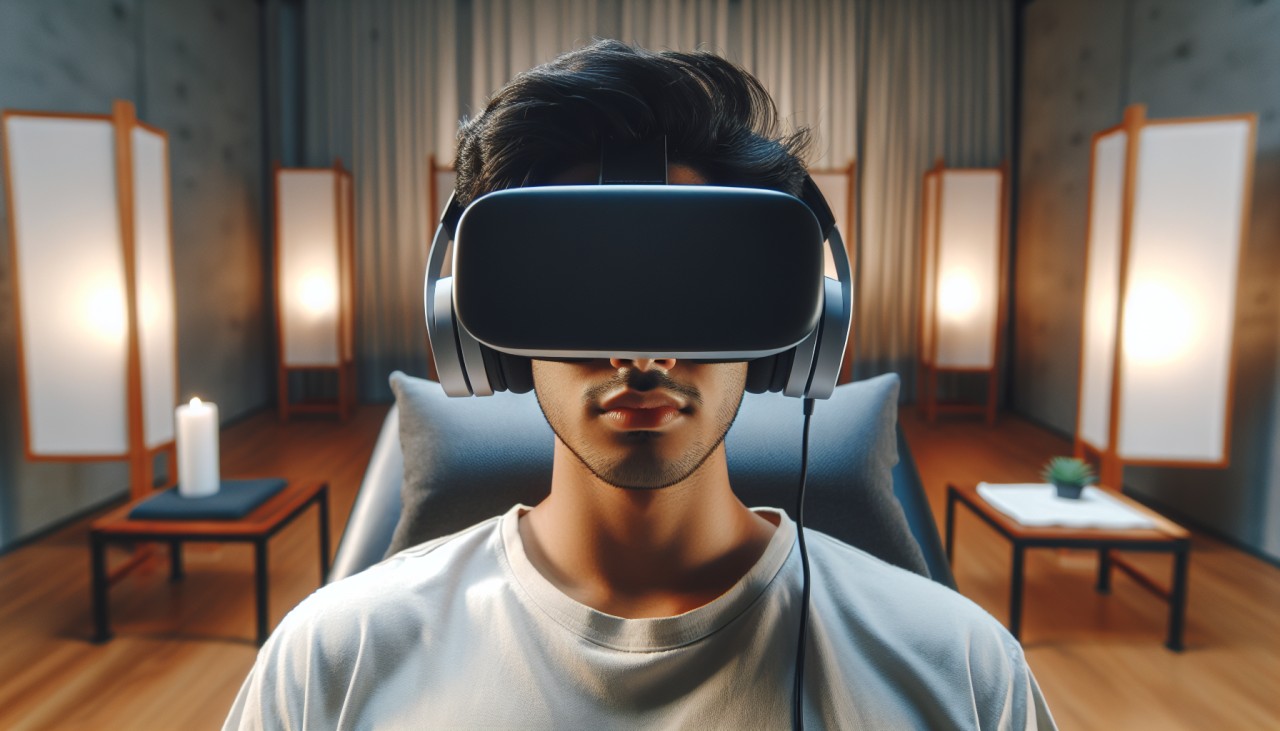In recent years, the field of psychology has experienced a significant transformation with the incorporation of advanced technologies, enhancing both the accessibility and effectiveness of mental health care. Teletherapy and online counseling have emerged as prominent modalities, allowing individuals to engage in therapy sessions remotely, thereby overcoming geographical and mobility barriers. Studies indicate that teletherapy can be as effective as traditional in-person therapy for treating conditions like anxiety and depression, offering a comfortable environment for patients to seek help. alliant.edu
Artificial intelligence (AI) is also making its mark in psychological practices, assisting in diagnosing mental health conditions and developing personalized treatment plans. AI algorithms can analyze extensive datasets to identify patterns and predict outcomes, supporting clinicians in delivering tailored care. Additionally, mobile health apps and wearable devices are providing individuals with tools to monitor and manage their mental well-being, offering features like symptom tracking, mindfulness exercises, and real-time feedback. These technological advancements are not only improving the efficiency of mental health services but also empowering individuals to take an active role in their psychological health. listen-hard.com
Key Takeaways
- Teletherapy offers remote access to effective mental health care.
- AI assists in diagnosing and personalizing treatment plans.
- Mobile apps and wearables empower individuals to monitor mental well-being.
Example
To incorporate these technological advancements into your daily life, consider using mental health apps like Headspace or Calm for guided meditation and mindfulness exercises. These platforms offer structured programs to help reduce stress and improve focus. Additionally, wearable devices such as Fitbit or Apple Watch can monitor physical activity and sleep patterns, providing insights into how lifestyle factors affect your mental health. By integrating these tools into your routine, you can proactively manage your well-being and stay informed about your mental health status.
